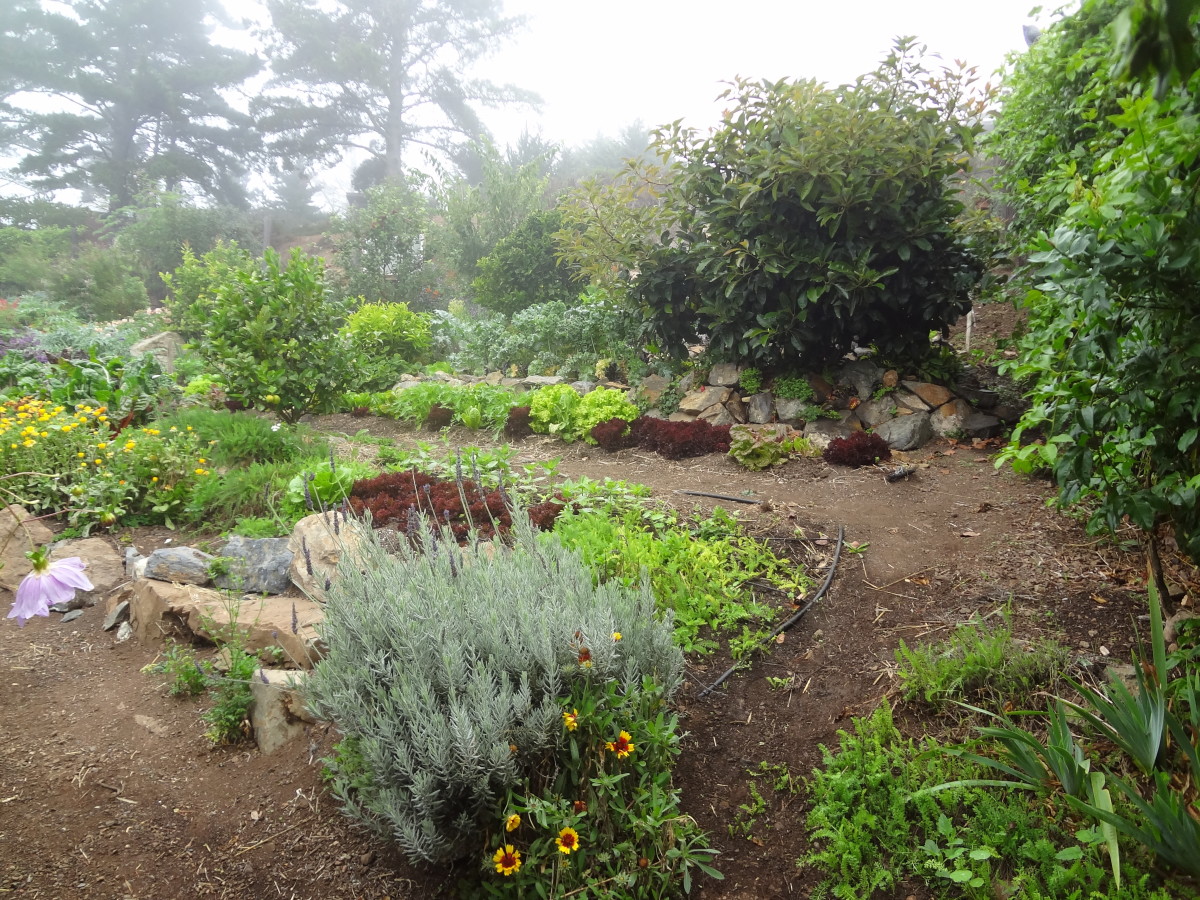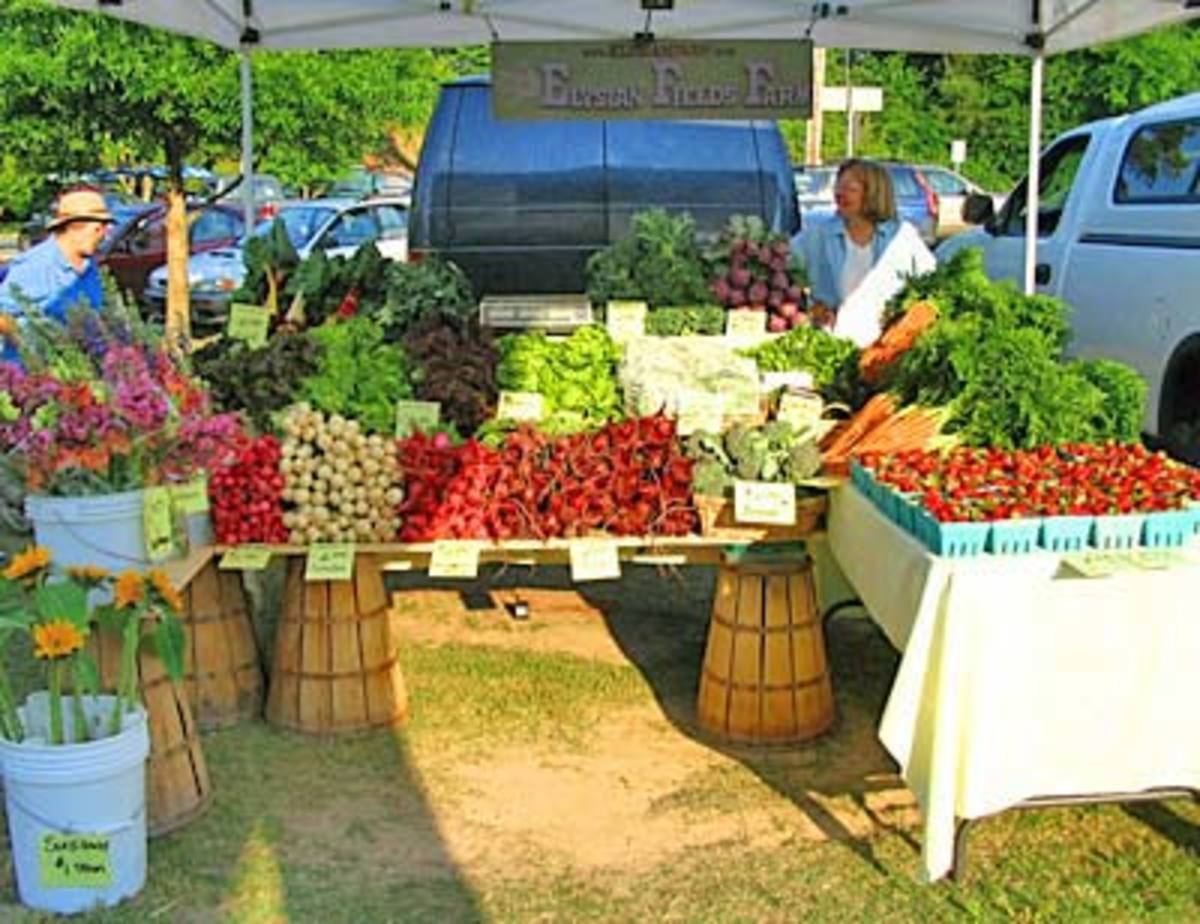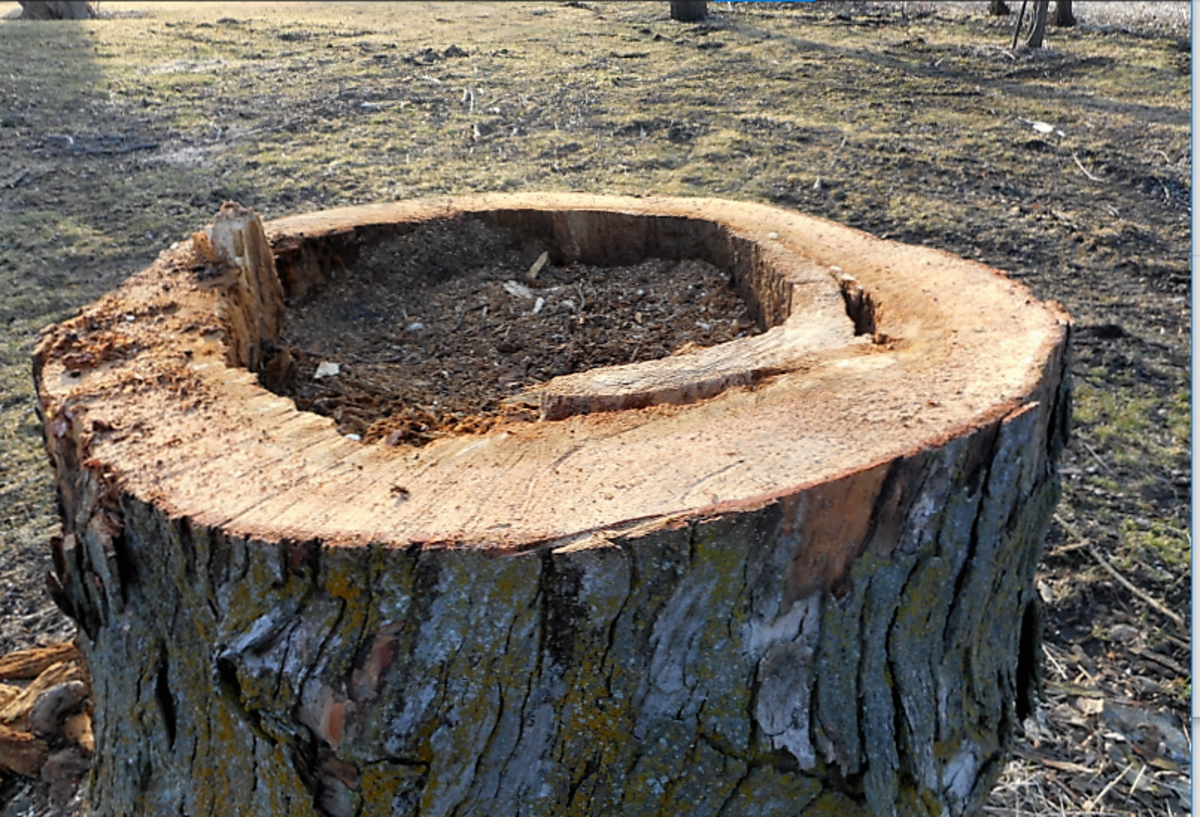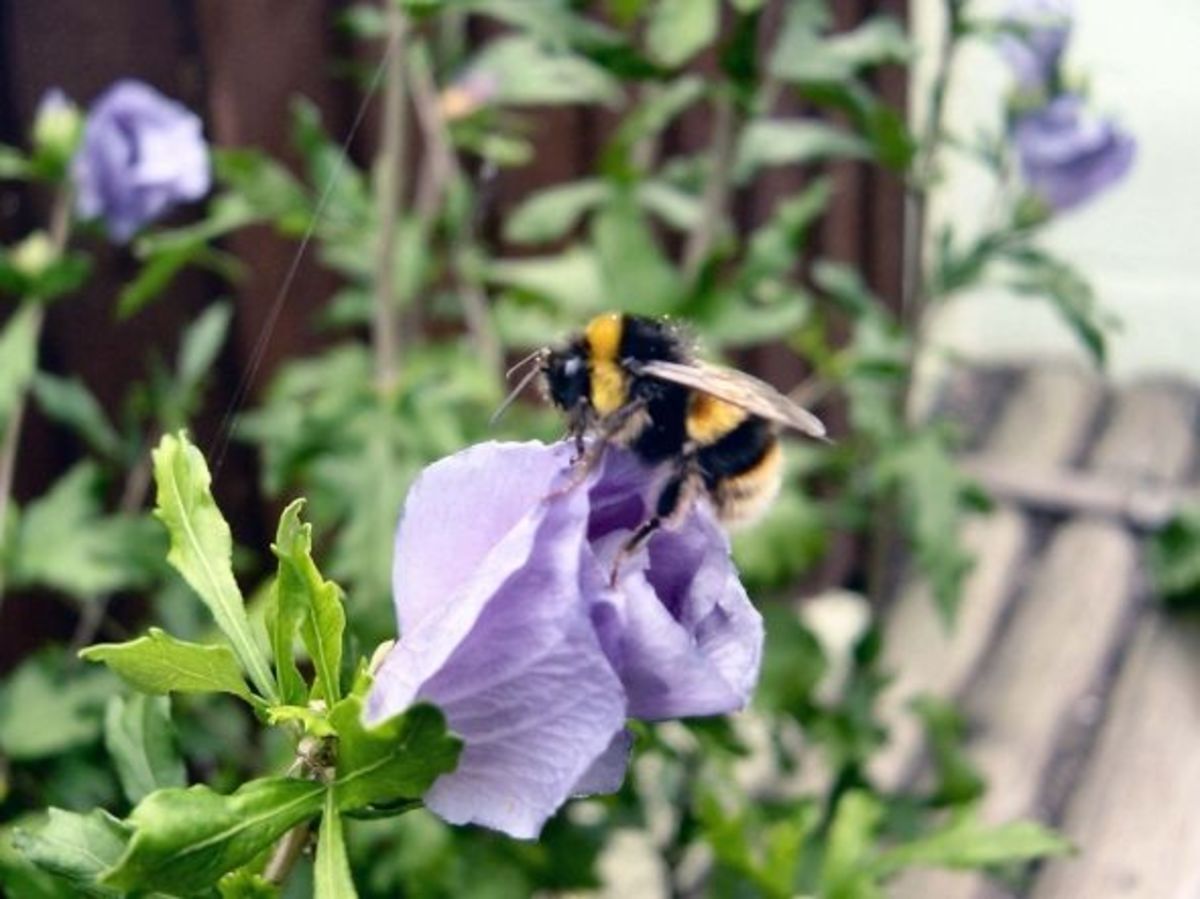- HubPages»
- Home and Garden»
- Gardening»
- Organic Gardening
Allotment thoughts
How much land do you need?
People grow vegetables for a number of reasons:
- for cheap food
- for tasty food
- to produce rare delicacies that are not easy to buy
- for the satisfaction of doing something
- enjoyment
- excises
- and many more reasons.
One of the question that you might ask yourself before you start, is:
How much land do you need to produce all the vegetables and salads that you need?
A plot of land that is 600 square yards should do the job. That is 60 yards long and 10 yards wide.This is an average allotment size in the UK, reckoned to be enough land for a family of four.
A person will have to be very busy to keep such a garden carefully cropped and clean and free from weeds without mechanical aids.
Before you start such an enterprise it is also a good thing to have a rough idea of how long it is going to take time wise, that is.
Based on my experience of the last few years on a allotment of 600 square yards. I would say you need 250-280 hours per year to cultivate a plot of this size.
A lot would depend, of course, on:
- your soil type
- your system
- how much experience you have
- your fitness.
My first year on my allotment took a lot more time because I took over a plot that had not been used for a couple of years and therefore was in a right state.
I spent a lot of time setting out raised beds and a fruit garden. Once that was done, the plot has just been a joy to 'work on' and I use that term lightly because with a bed system it is so easy to grow and keep weed free.
Proof of this is the fact that I am the cup holder for the best allotment in Oxford.

When you get your allotment;what do you grow.
When you get your allotment;what do you grow.
You grow what you eat. It really is that is that simple.
However, there are a few questions to ask yourself before your rush out and spend money on seeds.
One of the main questions that people rarely think about is: Do I need to grow potatoes? There are two reasons why I ask this question:
The first is that there are few gardens which are really large enough to make there cultivation worth while
and the second is
that the extra labour needed for the tonnage of potatoes required may be difficult to find.
It is preferable, in my opinion to stick to growing early potatoes which are delicious and more expensive on the whole in the shops.
Buy your main crop potatoes by the cwt. from some local farmer and then clamp these in bulk and thus use them as needed throughout the winter.
Limited space can be used most economically by growing crops with a compact habit, those that grow extremely rapidly and those that grow at odd times of the year-through the winter, say and finishing in june.
Another question to answer is:
Are you going to grow from seed or buy in seedlings from your local garden center.
Growing from seeds takes time and care in the form of watering and protection.
Where as, going down to your local garden center and buying ready to plant crops can be cheaper in the long run as well as the fact that you get your crop quicker.
The method I use is to grow my own seedlings in pots and plant out when I have space in my beds.However, I do have a small glasshouse for this purpose.
Also,by using the 'buy your plants' you are gaining land in the fact that you will be using somebodies land as a nursery for plants.
So, to get back to the question: what to grow?
Make a list of what you eat and pick some crops from that list.
If you are on an allotment walk round the site and see what others are growing doing so will give you a good idea as to what grows well in your area.
Work out how much time you will have and crop accordingly.
The National Society of Allotment and Leisure Gardeners reckons,: That you need to work a minimum of two hours per week on your plot to have any sort of produce growing.
However this would not be enough in the summer, especially on a full-size plot which would be covered in weeds if you only spent two hours a week on it.
This, of course, depends on the season and what you grow.
What you do not want is the whole thing to become a burden and a stress.One way of avoiding this is by choosing crops that will not spoil if you do not harvest them and do make sure that you nip any problems in the bud, well before they can become a major event to be solved. Another little tip is to grow crops that show resistance to diseases
I have asked around on the allotment site that I am on and came back with the answer that : During the winter months, people spent between 2 hours and six hours a week working on their allotments.
While in the main growing season, they spent between five and twelve hours a week.
You do not have to grow vegetables, you can grow fruit which sometimes is a much better bet for rhubarb, raspberries and other soft fruit, once established, don’t require as much time as seasonal vegetables.
The lady on the allotment next to mine only grows leeks and cabbage because she lives in London and only comes up to Oxford a couple of times a month: she plants, hoes and harvest them with netted protection against pigeons.
What a feast!
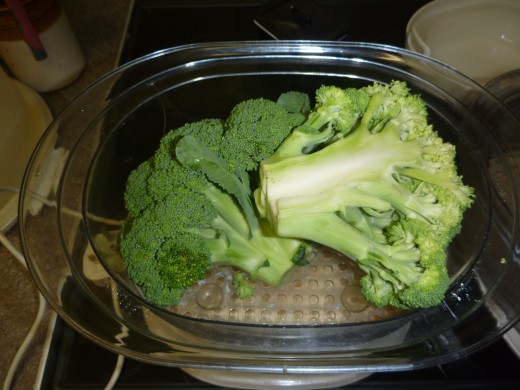
A few thoughts on Allotment crop yields
A few thoughts on Allotment crop yields:
We are not trying to grow prize winning vegetables here, just food for our table and what this means is:
maximum yield per plant does not necessarily imply maximum yield per area.
What this means in practice is; squeeze in more plants and sacrifice a little individual yield.
This is not bad at all, for many crops are better if eaten small. Some, like young lettuces, may benefit from transient shade and cooling offered by a adjacent plants.
Another practice to bear in mind is 'catch cropping'.
This means utilizing the odd weeks between main crops: beetroots or turnips growing in the autumn sunshine after early potatoes.
Chinese cabbages grown between potatoes and autumn sown broad beans and peas, radishes here, there and every where.
If the ground is bear you can be sure that weeds will grow, so the answer to that one is:intercropping-: different crops mixed and alternated in the same plot. Lettuces will happily occupy the rows between beans or onions, being removed before the main crop comes into fruition.
Remember, you are growing for your table so, so what if the lettuce is only a few leaves or the cabbage not quite big enough...it will always give you a meal.
Thats what it is all about
My system
Just an aside here: As I have said I sow into pots and plant out seedlings into my raised beds. I do this because it suits my bed system better and I find that I get a more better outcome, in the way of food for my table.
In the summer months I sow every Friday however come October I move this to every third Friday. The reason is that the plants grow slower because of light, or rather lack of it. Heat or cold does also play a part. Most plants prefer to grow in 50 f or above, however some plants will thrive in the cold (unlike me).
You may be wondering what I do about rotating my crops. I am not too bothered in the main, I just make sure that I do not plant potatoes or cabbages in the same bed more then one in four years and with 18 beds that is not too hard to do. Also, I add so much compost to each bed that the soil is more or less remade every year. However that is another story.

